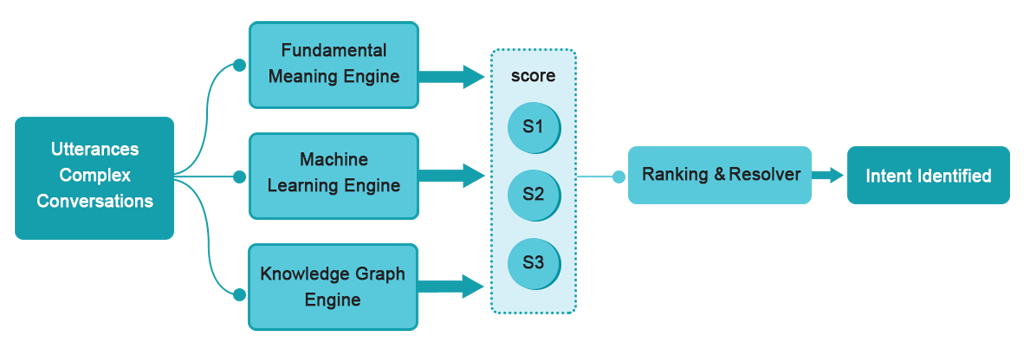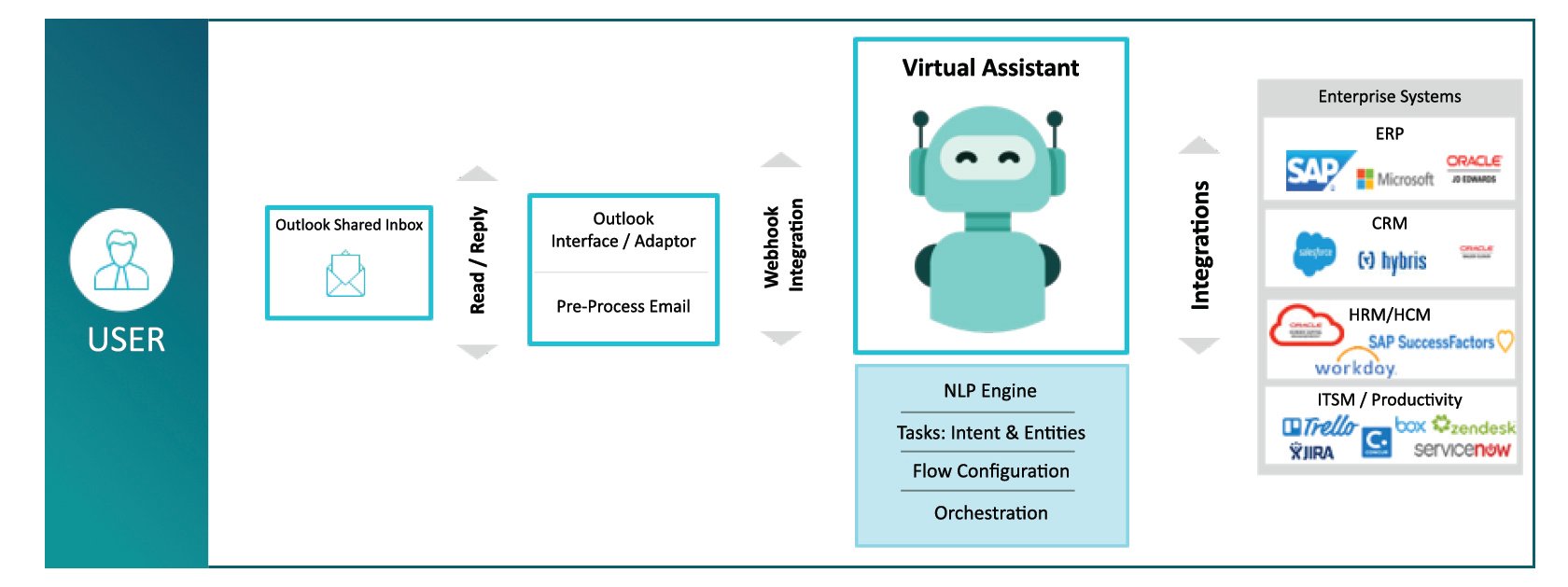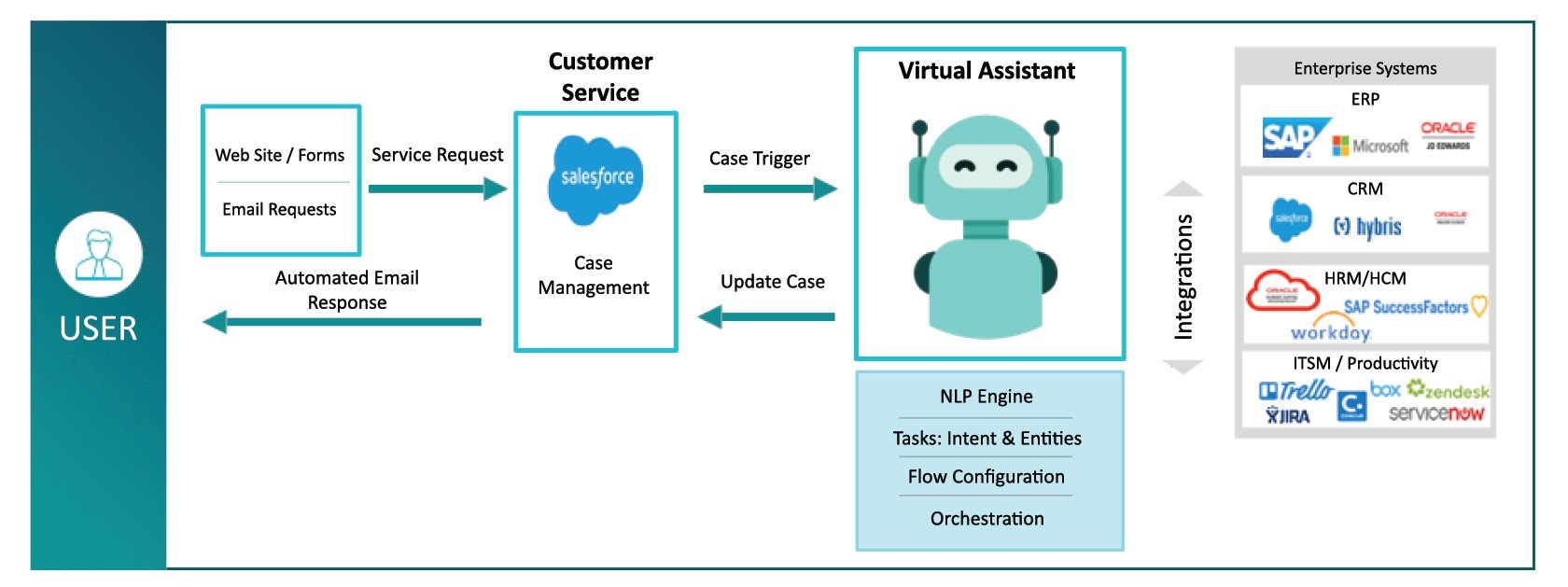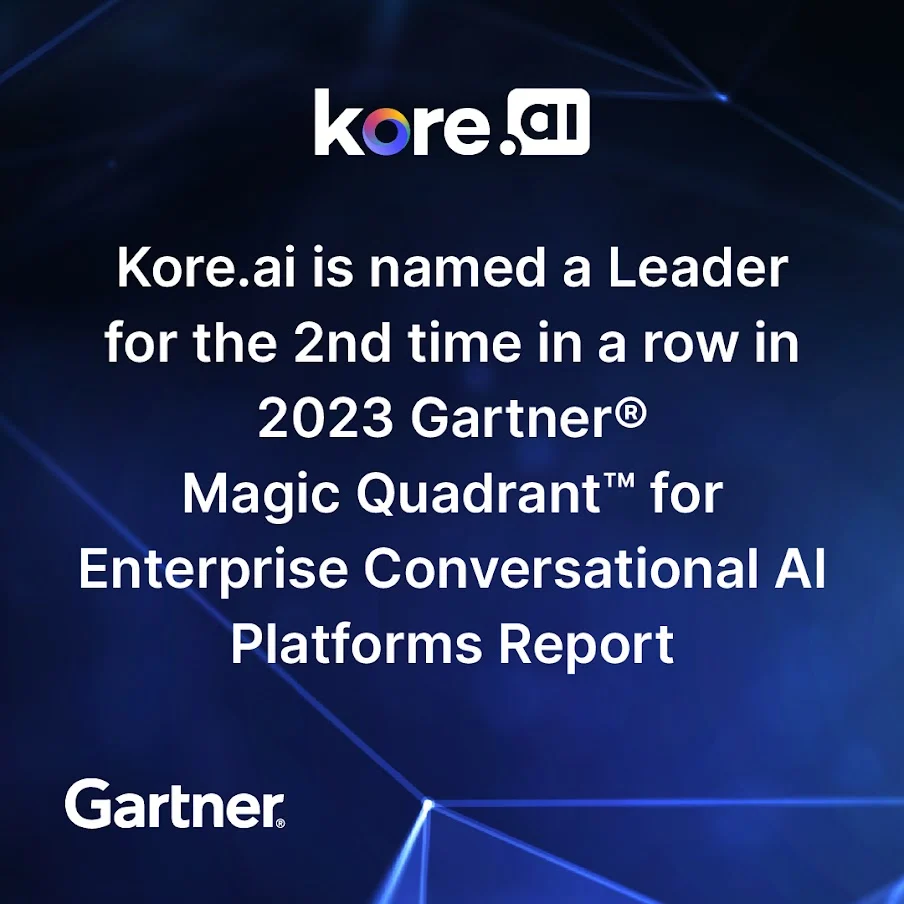Every business leader is striving to create a digital enterprise that has two technologies to bet on – Digital Transformation and Automation. Only those organizations that digitize and automate their business operations substantially can compete effectively in this age of fast-paced change and volatile economy. And this includes potentially every function: from invoice generation to processing the service emails; from creating a lead on CRM to closing receivables from a client; or for that matter every element of the entire value chain of a business process.
Over the years, Robotic Process Automation (RPA), Big Data & Internet of Things (IoT) has contributed in great measure to the streamlining and automation of day-to-day business processes. These technologies have garnered the interest of large and small businesses alike as these mimic human actions within an organization. Unsurprisingly, there has been a deluge of automation tools and technologies. Companies that have done a fine job of identifying the right toolset and efficiently implementing them as part of their business processes have seen the desired benefits – accuracy, consistency, reliability, and 24×7 availability.
Nevertheless, there are limitations to what these tools and technologies can achieve and that is bothering the business users greatly. For instance:
- The RPA technology cannot process unstructured data – in different forms, emails, lengths, and contexts
- Automation technology essentially depends on the manual intervention of data inputs, leading to a high chance of manual errors
Being deeply process-oriented, these automation tools are rule-based taskmasters. Though they can standardize processes, but cannot think. This has created the need for a technology that can complement the existing tech stack by adding intelligence to the tasks and to achieve Intelligent Automation.
Also Read: How AI is Transforming Enterprise Software Applications |
Artificial Intelligence and Natural Language Processing (NLP) are novel technologies that can mimic human thoughts and tasks. In day-to-day business transactions, we come across different tasks and activities that need decision-making abilities. Context is the key to understanding and making a decision.
Kore.ai natural language understanding (NLU) multiple engines help in identifying the intent and entities, accurately. Kore.ai takes a unique hybrid approach to understand user intent. The tech uses a semantic rules-driven model, and a domain taxonomy and ontology-based model. This approach not only comprehends the user’s input with a high degree of accuracy but also intelligently handles complex human conversations. Retrospection is the key. Kore.ai NLU does not just limit from identifying the intent or entity, but also provisions in training the bots as needed.

The Kore.ai platform provides business owners with the capability to build solutions that seamlessly integrate with all the top automation tools. Powered by Kore.ai NLU, the automation tools can be enabled to be data-oriented, capable of thinking, possessing decision-making capabilities, and understanding conversations. This combo effectively works on non-standardized, semi-structured, and unstructured data; reads, understands, analyzes, and processes complex utterances from emails, forms, articles, and other conversations; and ultimately brings the power of intelligence to the overall organizational automation plan.
Many companies have leveraged the Kore.ai platform to build solutions that empowers RPAs to achieve Intelligent Automation. We are sharing a few stories here for your consumption.
Also Read: Call Automation & Digital deflection Solution for Healthcare Industry |
Email Sorting
The Transport Management Systems (TMS) in a multinational beverage company receives and manages 100s of email requests from both internal and external users. The emails range from booking a slot, extra order requests, delivery time slot change, and opening the slots, and more. Manually processing these emails is a tiresome activity and is prone to many errors. The need for automation is evident to scale the process, free the employees from monotonous tasks, and to overcome the manual errors.
The RPA is in place to process the email and interact with internal systems to perform the tasks. As emails come in different formats, sizes, and nuances, the limitation of RPA technology to understand the content of the emails is a roadblock. Here is a clear need for a smart solution.
The company leveraged the Kore.ai platform to build a solution that can intelligently read every email, understand that intent, and invoke the RPA bot to perform the desired action. It can even decipher spelling mistakes or mispronunciations. Kore.ai NLU solution then identifies the intent of the email and checks if all the entities are available. If yes, it posts the entity values to RPA to further process the data. Thus, Kore.ai NLU adds intelligence to RPA to achieve true Intelligent Automation.

Case Management
On a typical day, enterprise case management systems receive numerous requests from the customers or employees within the organization. These cases/requests are managed in queues and follow assignment and escalation rules to record, track, and resolve the cases. It also includes the ability to create cases either from emails, web forms or manually by internal support teams. Considering the volume and the severity of these cases/requests, it is not a great idea to process them manually.
Automation tools are efficient here, yet the push back is this technology to some extent can understand the inputs from web forms but cannot read or interpret the content from the emails. It must depend on NLP/NLU to understand the context of the email. The Kore.ai NLU does the magic again.
Also Read: Bots Make Data-Driven Analytics and Insights a Reality for All Decision Makers |
The triggers can be set-up to send customer service request information to Kore.ai virtual assistant for NLU analysis and prepare an automated response. Customer service ‘Case’ can be automatically updated to trigger follow-up action/responses. Thus, limiting the mistakes caused due to human error. The Kore.ai NLU solutions pretty much work with every enterprise system be it ERP, CRM, HRMS, or ITSM.

Kore.ai NLU’s potential in enabling enterprise automation strategies is immense, and the range of possibilities is growing by the day. If you are looking to implement NLU automation at your business or researching for ways to improve your current automation strategy, here’s a chance. Register to watch the webinar – How NLU is Augmenting Enterprise Automation Strategy.
{{cta(‘5f1235dc-c36c-4d7a-af50-2e460480253b’,’justifycenter’)}}







